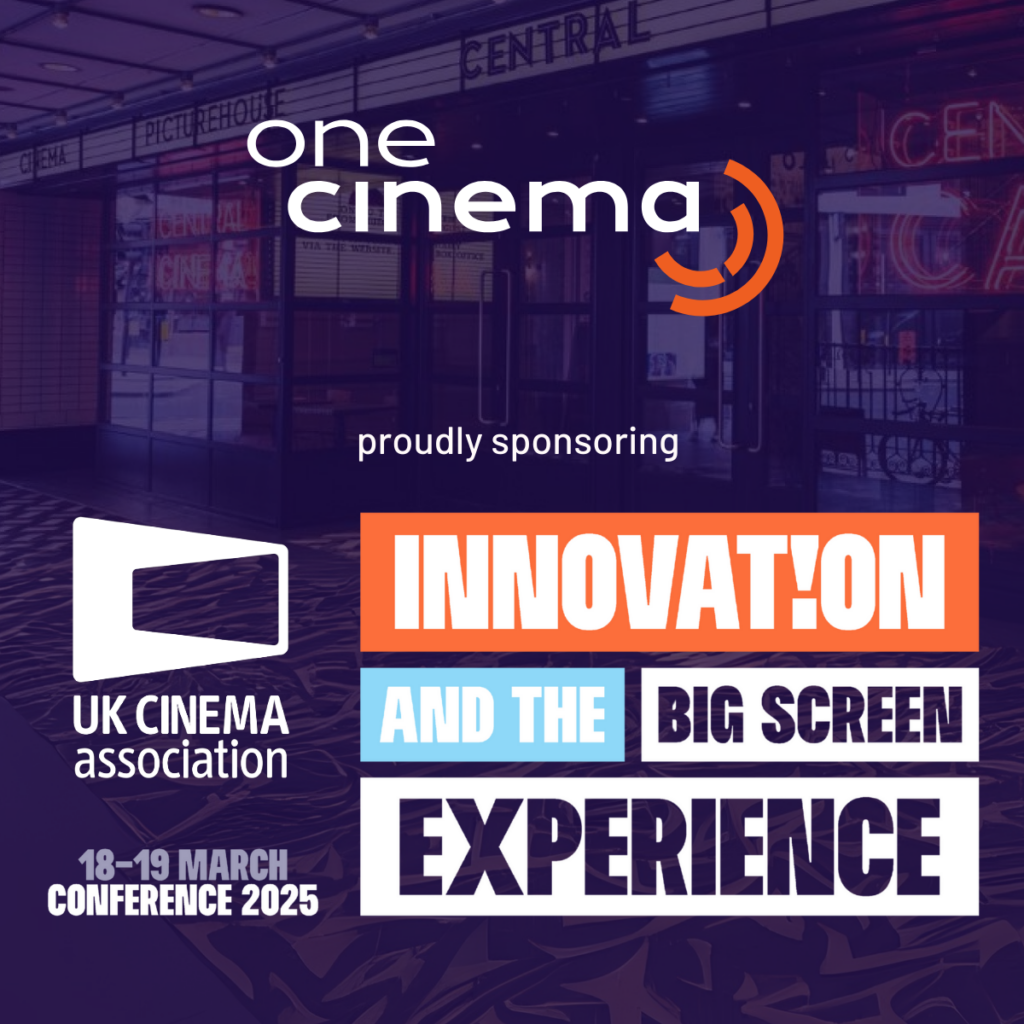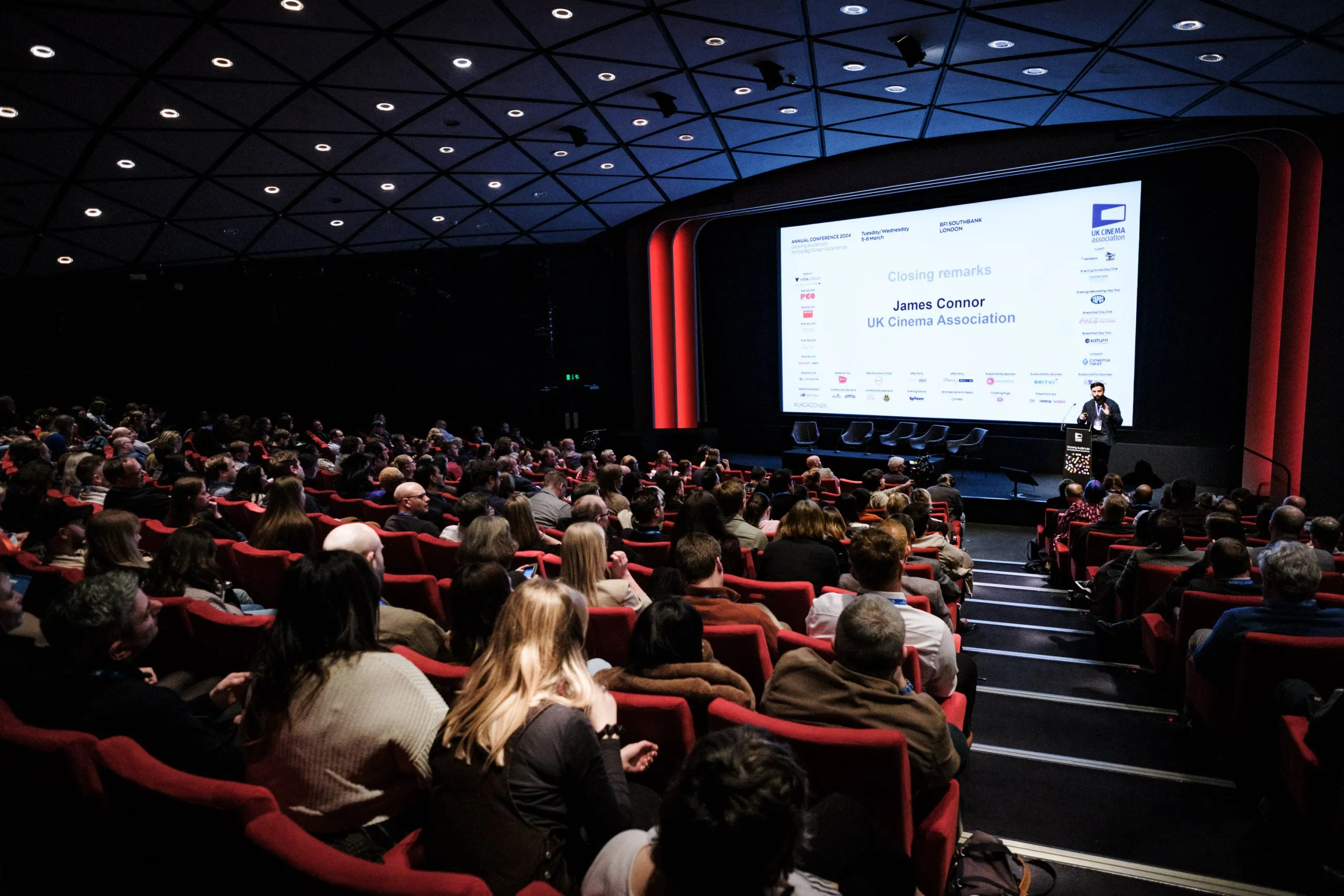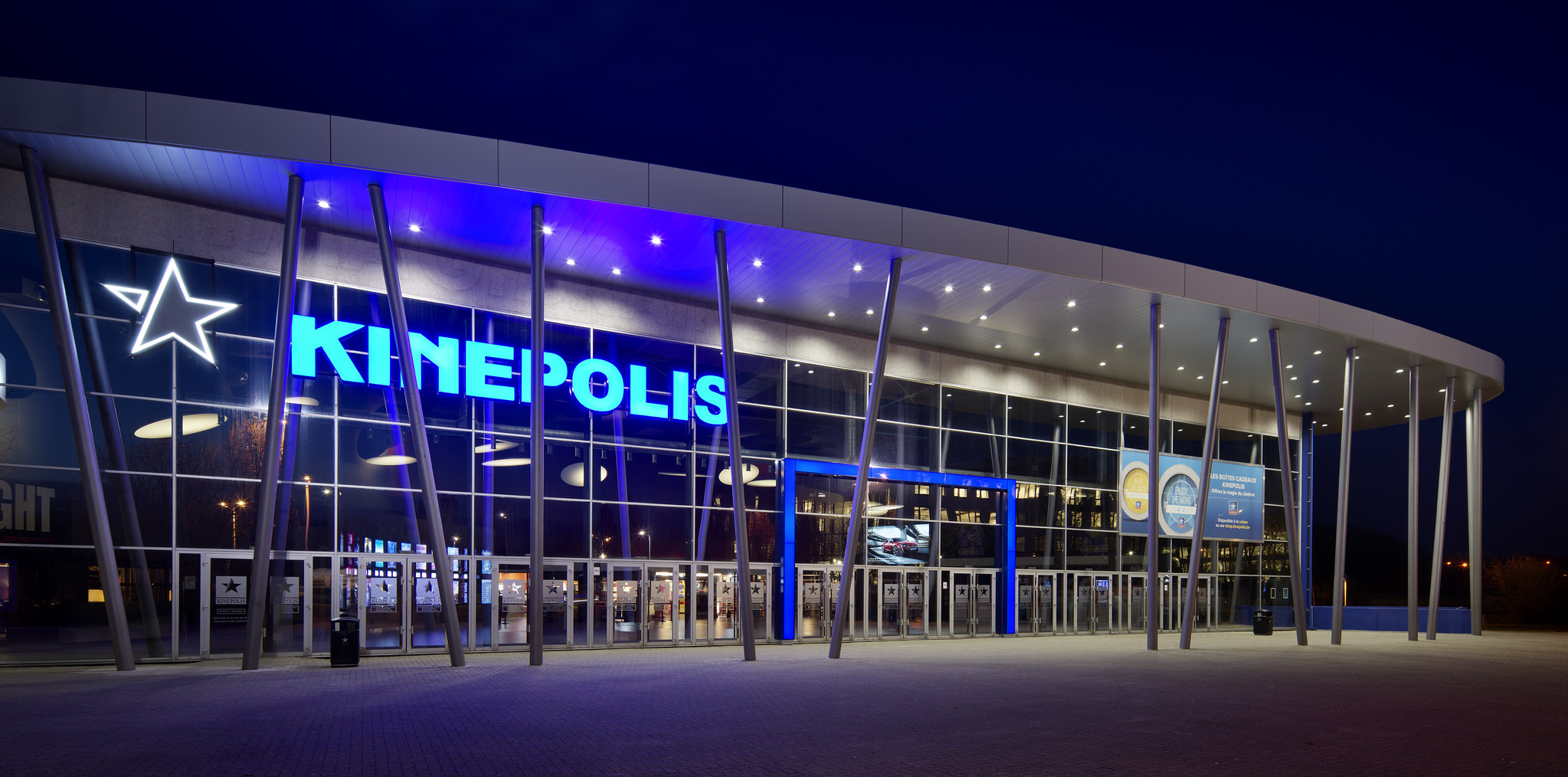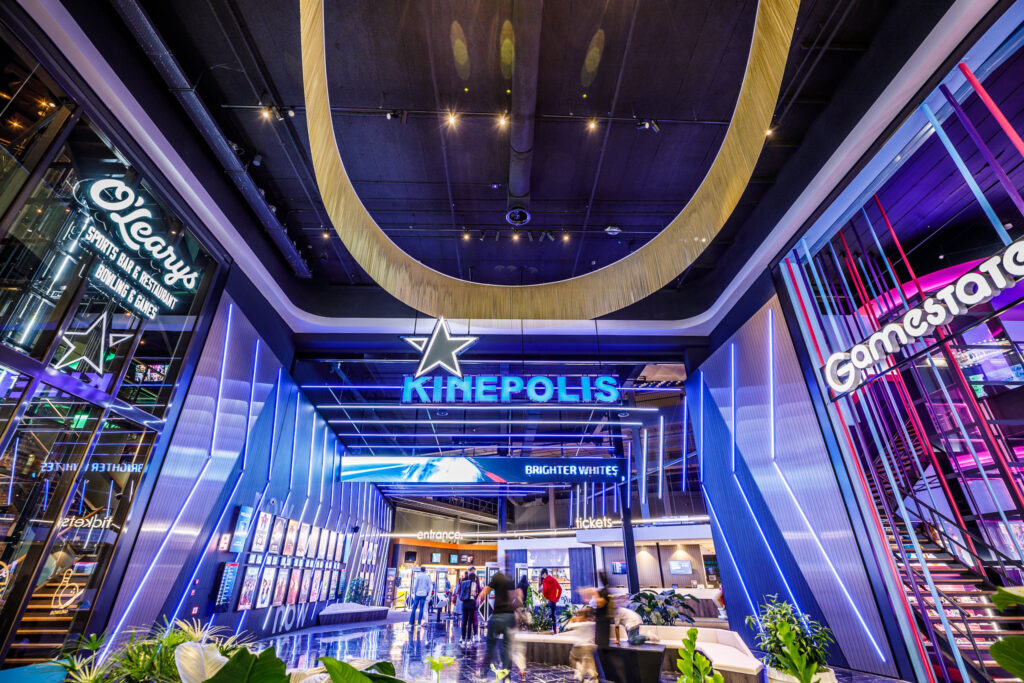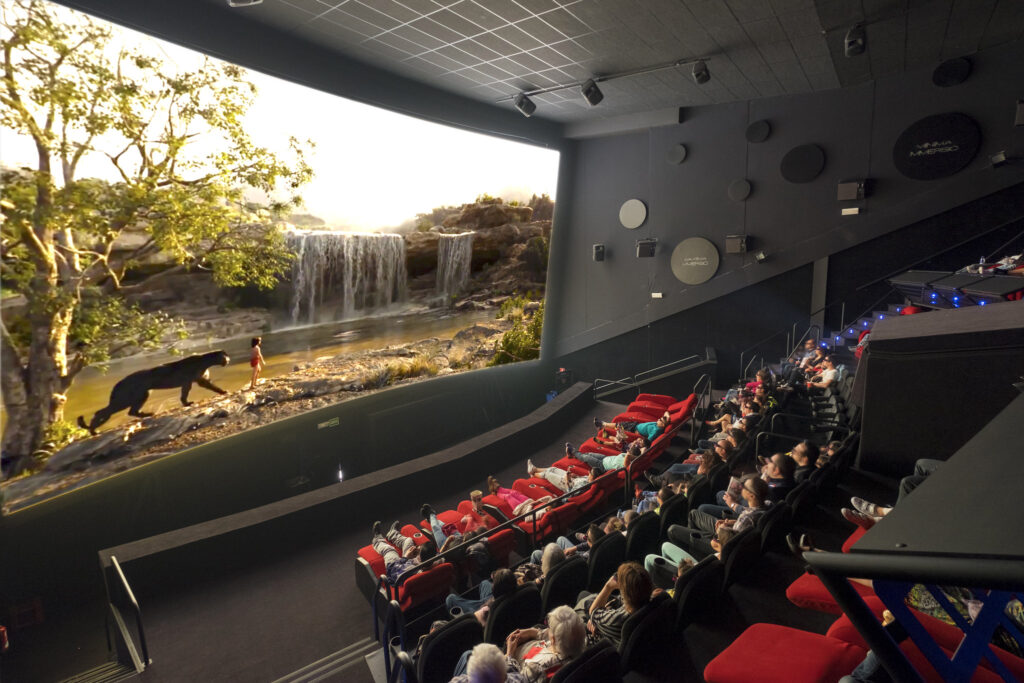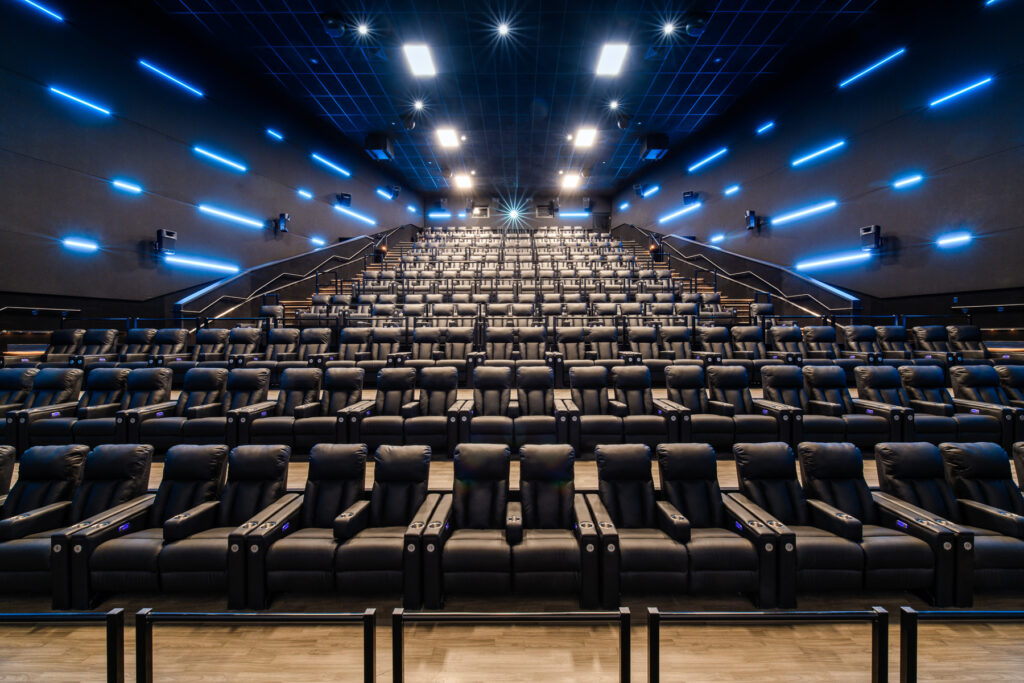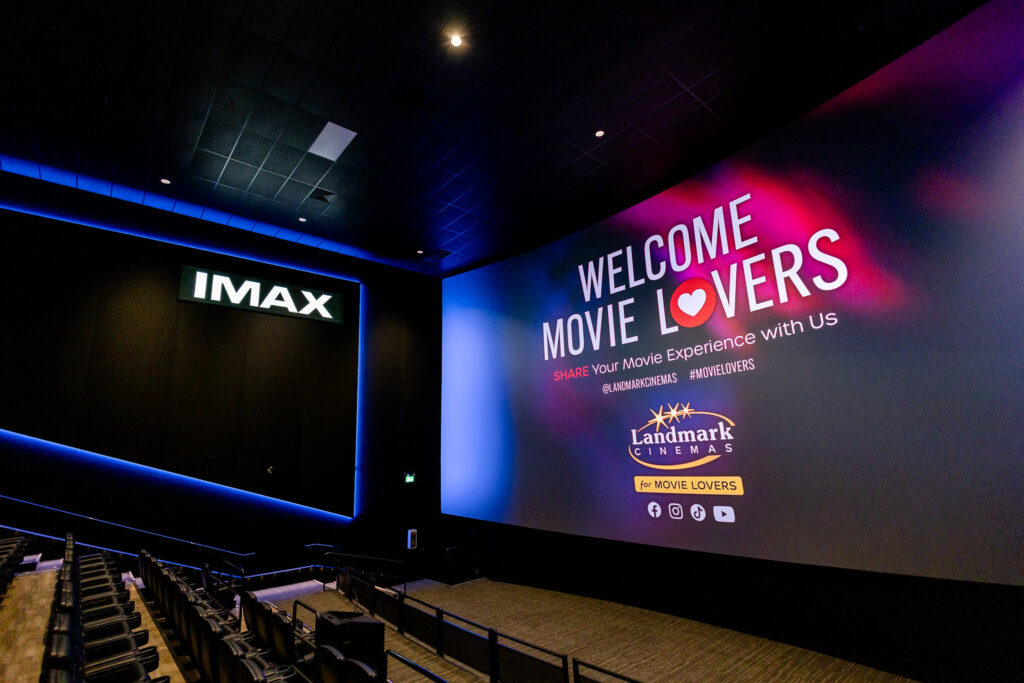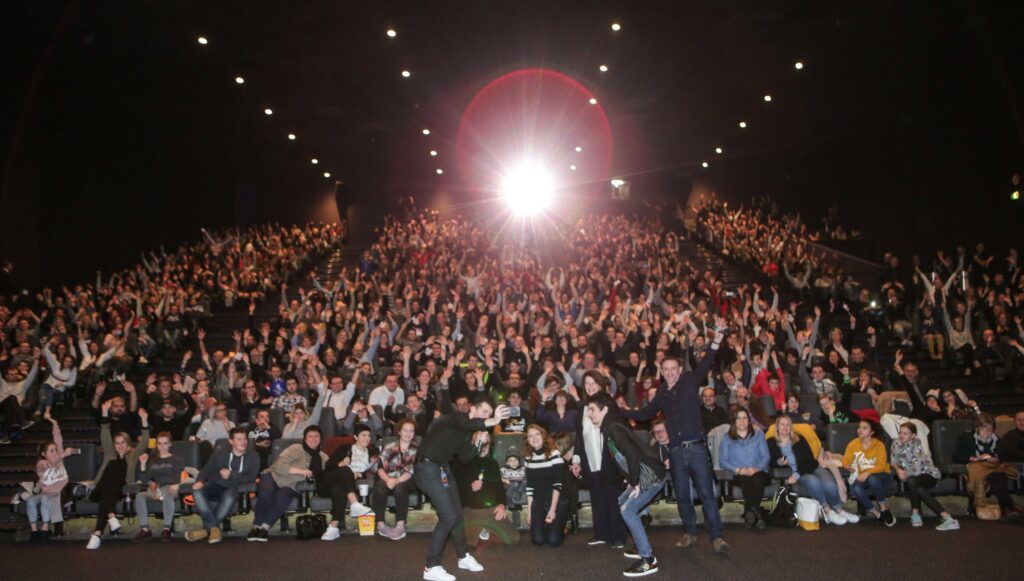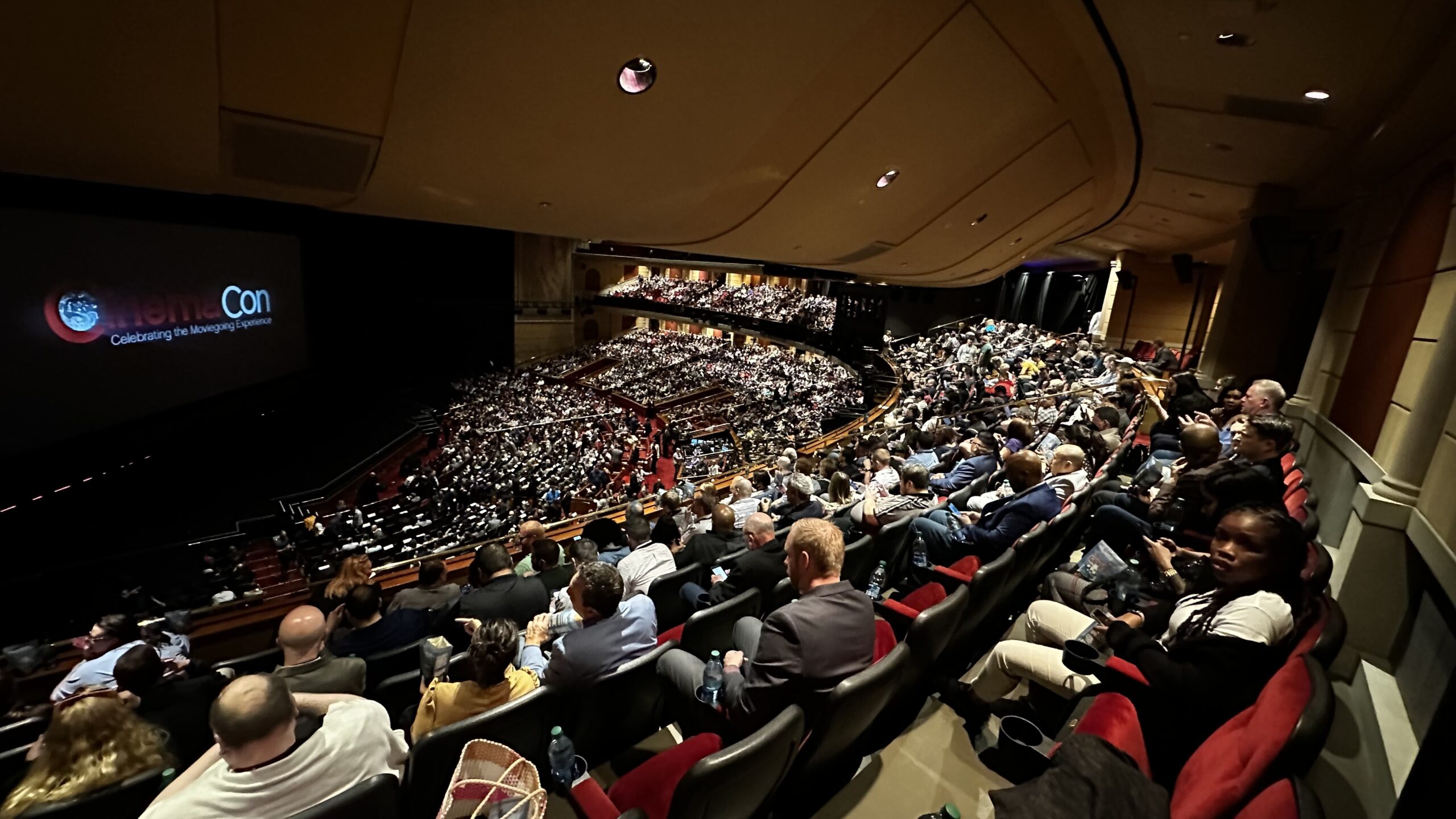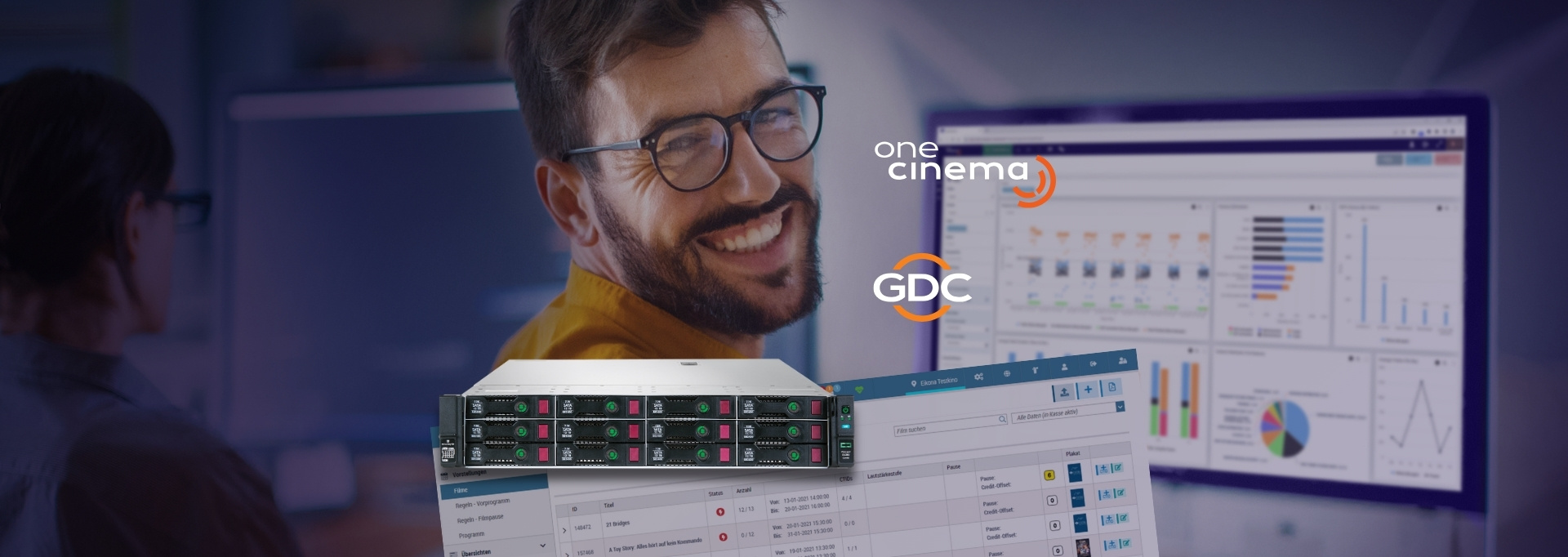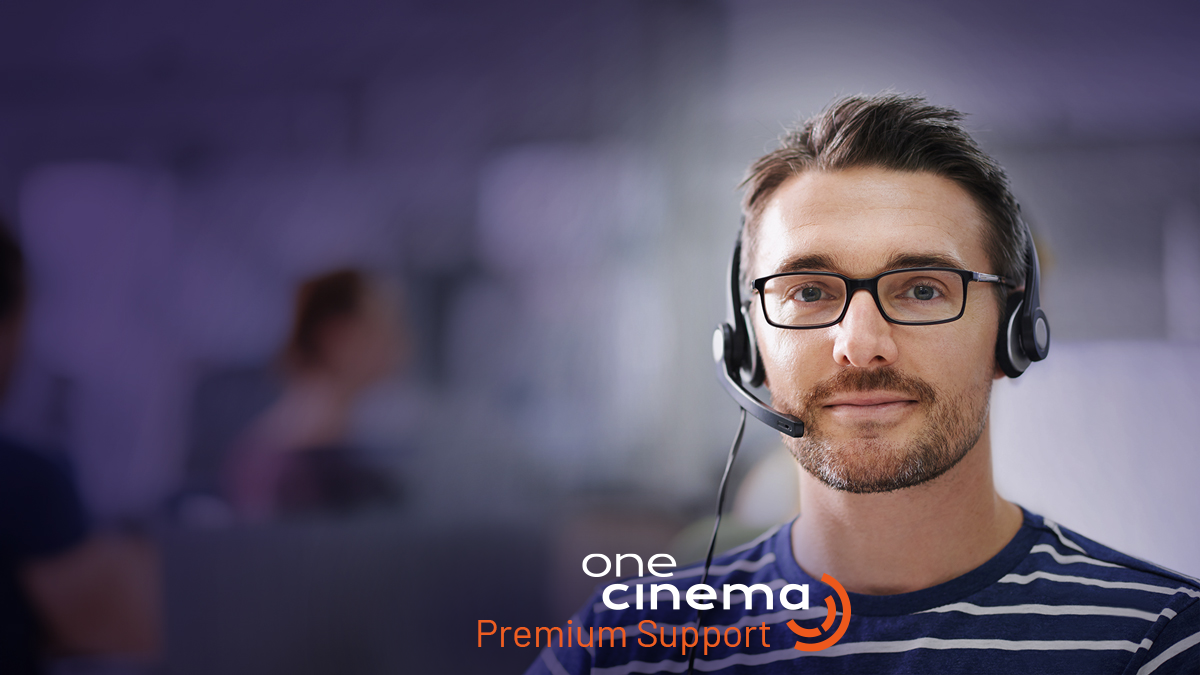GDC Technology Limited („GDC“) und OneCinema GmbH (ehemals EIKONA Cinema Solutions), Anbieter von digitalen Kinolösungen und Software für die weltweite Kinobranche, gaben heute auf der CineEurope 2024 bekannt, dass die Wiedergabefunktionen der zentralisierten Speicherwiedergabelösung SCL Series von GDC in OneCinema TMS integriert wurden. Durch diese Partnerschaft können die Kunden beider Unternehmen von den zentralisierten Wiedergabefunktionen des Wiedergabeservers der SCL-Serie auf der OneCinema TMS-Plattform profitieren. Da die DCPs von einem zentralen SCL-Wiedergabeserver gestreamt werden, der mit allen Medienservern in einem Multiplex verbunden ist, ist das Kopieren von DCP-Inhalten von einer Central Storage zu den Medienservern auf den Bildschirmen nicht mehr erforderlich.
Während OneCinema bereits GDC-Medienserver unterstützte, spart diese bahnbrechende Integration mit dem zentralen SCL-Wiedergabeserver von GDC den Kinobetreibern wertvolle Zeit. Die Speicherkapazität jeder Leinwand kann im Vergleich zur herkömmlichen Dateiübertragungsmethode um das bis zu 100-fache erhöht werden, während die schnelle Vorstellungsplanung und die fortschrittlichen Funktionen des OneCinema TMS erhalten bleiben.
Es ist jetzt möglich, einen zentralen SCL-Wiedergabeserver an ein OneCinema TMS anzuschließen, um die Planung von Vorführungen und die Verwaltung von Wiedergabelisten zu vereinfachen, ohne dass Inhalte auf die Bildschirmserver kopiert werden müssen. Der zentrale SCL-Wiedergabeserver minimiert somit den erforderlichen Speicherplatz auf den einzelnen Bildschirmservern. Die Anzahl der Vorführungen kann vervielfacht werden, ohne dass zwischenzeitliche Kopiervorgänge auf lokalen Bildschirmservern erforderlich sind. Dies ermöglicht die Wiedergabe von Tausenden von Filmen aus dem zentralen Speicher auf jeder Leinwand in einem Kino mit bis zu 30 Kinosälen. Mit dieser Integration werden manuelle Belastungen oder Fehler durch menschliches Eingreifen erheblich reduziert.
Der Kinobetrieb kann durch vollautomatische Werbeintegration, Echtzeitüberwachung und ein praktisches Frühwarnsystem, das Vorführungsausfälle aufgrund von fehlenden Inhalten oder fehlenden, ungültigen oder abgelaufenen KDMs verhindert, optimiert werden.
Joachim Schmitt, Geschäftsführer der OneCinema GmbH, sagte: „Wir sind stolz auf diese technische Errungenschaft und möchten den Teams von GDC und OneCinema danken, die hart an dieser Konnektivität zwischen unseren Systemen gearbeitet haben. Dadurch können unsere Kunden von einer noch größeren Benutzerfreundlichkeit profitieren, während die Kunden von GDC CA2.0 Zugang zu einem hochmodernen TMS haben, das die Planung und Verwaltung von Kinos automatisiert. Gemeinsam beweisen unsere Unternehmen, dass die Zukunft des Kinos in offenen Plattformen liegt, die die technischen Aspekte des Kinomanagements vereinfachen und automatisieren, so dass wir uns auf das konzentrieren können, was wirklich wichtig ist: ein unglaubliches Unterhaltungserlebnis für Kinobesucher zu bieten.“
„Diese Partnerschaft mit OneCinema ist ein weiterer Meilenstein für GDC“, sagte Adam MacDonald, European Sales Manager für GDC Technology. „Wir sind der festen Überzeugung, dass die Zusammenarbeit von Branchenführern die Flexibilität des Kinobetriebs erhöhen wird. Mit der heutigen Nachricht schlagen wir ein neues Kapitel in der Art und Weise auf, wie Kinos arbeiten werden. Mit OneCinema als Partner ermöglichen wir eine intelligentere Art und Weise, die Wiedergabe von Inhalten und die Programmplanung zu verwalten.
About GDC Technology Limited
GDC Technology Limited („GDC“) ist ein führender Anbieter von Lösungen für das digitale Kino, dessen Produktionsstätte von SGS mit ISO 9001:2015 zertifiziert wurde. GDC entwickelt, produziert und vertreibt Kinomedienserver für Projektoren und LED-Kinodisplays, Inhaltsspeichersysteme, Kino-Audioprozessoren, Kino-Unternehmenssoftware einschließlich Kinomanagementsysteme und fortschrittliche Kinoautomatisierungssysteme für die weltweite Kinobranche. GDC ist für die Entwicklung seiner Medienserver und Kino-Audioprozessoren Lizenznehmer von DTS Surround und DTS:X mit IAB, der objektbasierten immersiven Klangtechnologie von DTS, Inc. Darüber hinaus bietet GDC eine Reihe von Produkten und Dienstleistungen für das digitale Kino an, darunter Kinoprojektoren, LED-Kino, 3D-Produkte, Audiogeräte, Projektorlampen, Postproduktionsservice und Electronic Delivery System (EDS).
About OneCinema GmbH
OneCinema (ehemals EIKONA Cinema Solutions) ist ein führender Anbieter von Software für die globale Kinobranche. Seit 2012 bietet das in Deutschland ansässige Unternehmen Kinobetreibern vielfältige Lösungen, um ihre Abläufe zu rationalisieren, die Gesamtkosten zu senken und darüber hinaus neue Einnahmen zu generieren.
Die innovative Software von OneCinema vereint Theater Management System (TMS), Digital Signage und Automation für Kinogeräte und Gebäudetechnik über ein zentrales Cloud-System zu einem Gesamtpaket für Kinobetreiber und -ketten.
Durch die optimale Integration mit allen Drittsystemen wie POS/Ticketing, Content Delivery, Loyalty Tools und Werbeplattformen erreicht OneCinema ein Höchstmaß an Automatisierung und schafft so einen nahtlosen digitalen Workflow in allen Bereichen des Kinobetriebs.
Getreu dem Motto „Focus on Entertainment“ ermöglicht es OneCinema Kinobetreibern, sich auf das für sie Wesentliche zu konzentrieren – ihren Kunden ein unvergessliches Kinoerlebnis zu bieten.
